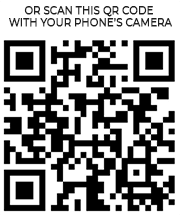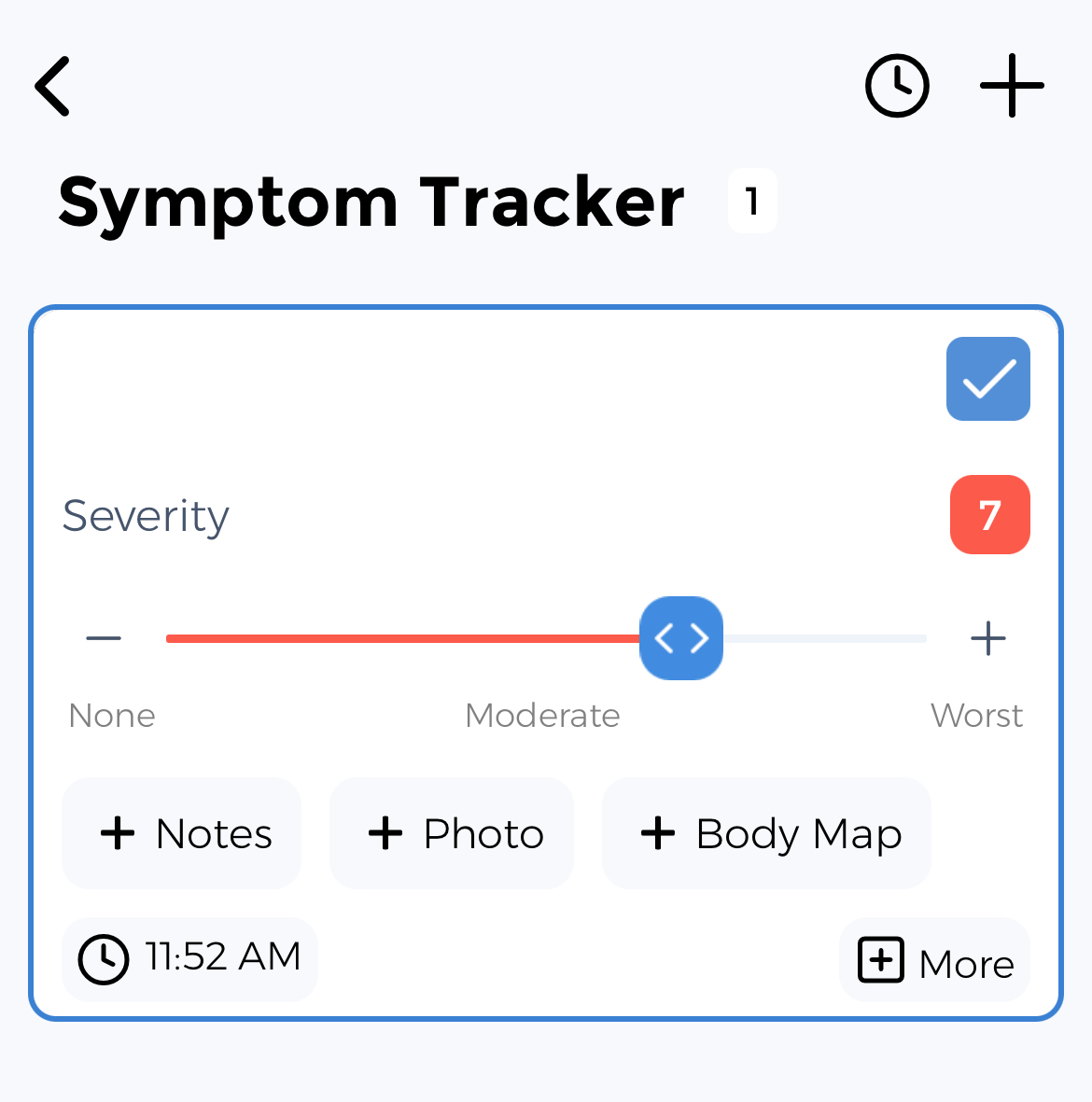Diabetes Mellitus Symptom Tracker: Your Health Assistant
Living with Diabetes Mellitus means dealing with increased thirst, frequent urination, extreme hunger, and more. But here's the truth: Data is your most powerful tool. Every logged symptom reveals patterns—so you can take informed action.
Diabetes mellitus is a group of metabolic disorders characterized by high blood sugar levels over a prolonged period. It results from defects in insulin secretion, insulin action, or both, leading to impaired metabolism of carbohydrates, fats, and proteins. Tracking blood glucose levels and symptoms helps monitor disease control and treatment effectiveness.
Key Diabetes Mellitus Symptoms You Should Track
Struggling with symptoms like these? Tracking them reveals patterns, triggers, and how they impact your daily life.
Increased thirst
Frequent urination
Extreme hunger
Unexplained weight loss
Fatigue
Irritability
Blurred vision
Slow-healing sores
Frequent infections
Tingling in hands/feet
Dry skin
Track Your Diabetes Mellitus Treatments
Tracking how these common treatments affect your symptoms can help you and your healthcare provider optimize your care plan:
Our tracker helps you monitor when you take medications and how they affect your symptoms over time.
Standardized Diabetes Mellitus Assessments
Complete these evidence-based assessments in the App to measure your severity and monitor your progress:
⚡ Knowledge Is Your Superpower
The difference between feeling overwhelmed by Diabetes Mellitus and feeling in control starts with data. When you track your symptoms, you transform uncertainty into clarity. Every data point brings you closer to understanding your unique patterns.
It's free to try for anyone—whether you're managing your own condition, supporting a child, helping an aging parent, or assisting a partner. Our tracker adapts to your specific role in the health journey.
How the CareClinic Diabetes Mellitus Symptom Tracker Adapts to Your Needs
Adults
Caregivers
Parents of Children
Young Adults
Your Complete Diabetes Mellitus Management Toolkit
Uncover Patterns & Insights
Map your Diabetes Mellitus symptoms like a detective solving a case.
Understand Your Medication's Impact
Turn guesswork into strategy. See how treatments affect your well-being with clear health insights.
Objectively Measure Your Progress
Use clinically validated tools to objectively measure your progress.
Other Tools You May Like...
Plus 5 more specialized tracking tools available
Access All Tracking ToolsAlso Supports Other Conditions Like
Hypertension Tracker
Hypertension warriors use our tracker to monitor headaches, shortness of breath.
Diabetic Neuropathy Tracker
Diabetic Neuropathy warriors use our tracker to monitor numbness in extremities, tingling sensation.
Diabetic Retinopathy Tracker
Diabetic Retinopathy warriors use our tracker to monitor blurred vision, fluctuating vision.
Diabetic Nephropathy Tracker
Diabetic Nephropathy warriors use our tracker to monitor foamy urine, edema in legs and feet.
Success Stories from Our Community
"Before using this app, my Diabetes Mellitus controlled my life. Now I control it. Combining data from the weight tracker with my insulin dose tracker showed important correlations, giving me power I never thought possible."
"This tracker was my turning point with Diabetes Mellitus. I realized that stress affected my frequent infections more than I'd thought possible. Now I can validate my experience with objective data with confidence."
Take Control of Your Diabetes Mellitus Journey
Transform from feeling like a passive patient to becoming an informed self-advocate. Join thousands who've discovered new insights about their condition.
Designed by people who understand the daily challenges of managing chronic conditions, we're here to support you and your ❤️ ones.
Download Your Diabetes Mellitus Tracker NowYour Data is Protected
Private & Secure
HIPAA Compliant
GDPR Compliant
Never Sell Data
Your data is yours: You get full control over who can view your information. CareClinic keeps all your data secure and encrypted.
References based on studies by:

